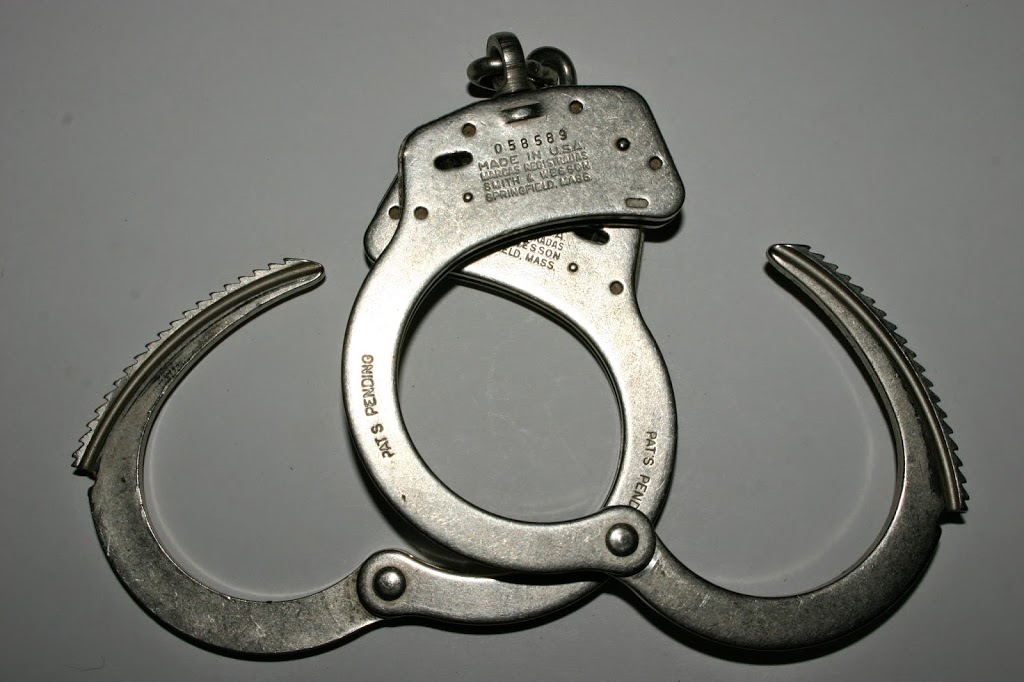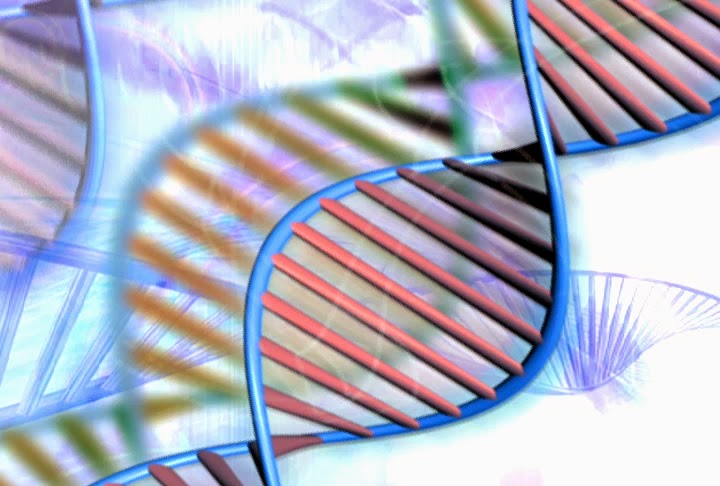


By Attorney Sydne French

What makes a person confess to a crime – online?
Given my background in clinical psychology, the driving force behind what makes someone confess to a crime via social media fascinates me. Take the case of Derek Medina in Florida. By now we all have heard about how Derek confessed on Facebook to killing his wife, and how he even posted a picture of her corpse. Sharing too much on the various social media platforms is nothing new. But just what is it that makes someone go that extra step and post online the details of their involvement in a crime? Continue reading “Confessing to a crime via social media: Is it the new social norm?”
The two most common pleas a person can enter before sentencing are the guilty plea, and the no contest plea. Both pleas can seem very similar, since both result in a conviction. However, in situations where there is a victim who is injured (and who may later sue for damages), it is important to understand the distinction. Continue reading “Guilty or No Contest?”
There is no short answer for this question. Sentencing of OWI cases depends upon many factors. There are sentencing guidelines in place, however, that judges follow when sentencing individuals for OWIs. The guidelines are different for each county in Wisconsin. Continue reading “What will I get for a 3rd OWI?”
 |
| DNA reveals wrongful convictions |
Edwin Meese, 75th Attorney General of the United States, once said, “If a person is innocent of crime, then he is not a suspect.” (1) If that’s so, how do you explain the fact that 174 wrongfully convicted inmates have been exonerated since 1989? Forensic DNA testing has provided scientific proof that wrongful convictions are not isolated or rare events. But “DNA exonerations alone do not solve the problem – they [merely] prove its existence and illuminate the need for reform.” (2) Many factors lead to wrongful convictions: things like false confessions, snitch testimony, unreliable microscopic hair comparison testing, and, the big one, mistaken eyewitness identifications. How do we know this? Through pioneering efforts by organizations like the Innocence Project. Continue reading “We all want the same thing — Justice.”